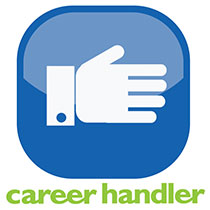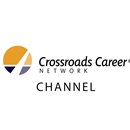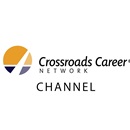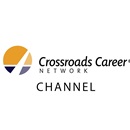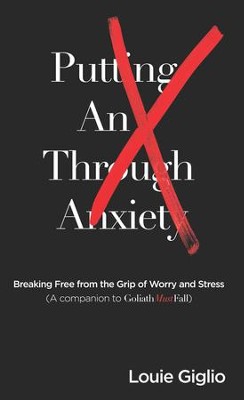Résumé Tips
Description
Don’t obsess over crafting the perfect résumé while on the job hunt. Your actual résumé itself is not as important as you might think. Your résumé is only a simple outline of your career and work history. Yes, it should be clearly written, easy to follow and demonstrate the value that you bring to the workplace, but you should take the mindset that a résumé is a “leave behind,” rather than a “door opener.”
If you rely on your résumé to open doors for you in your job hunt, you will likely be disappointed. There’s only so much that words on a piece of paper can do to sell you as the ideal candidate for a position. So rather than focusing on your résumé as a complete biography that sells you to interviewers, you should create it as a reminder to potential employers you have already met about why you are the best fit for the job.
What to include in your résumé
Most people’s résumés generally include (in the following order) contact information, a summary of your personal “brand,” your work history, education and additional skills and information (certifications, licenses, family status, publications, awards, etc.). Some general tips for presentation include:
- Your résumé should be well-formatted, with plenty of white space on the document. Be sure you are consistent with font type and size depending on the headings you are using.
- The person reading your résumé should be able to tell exactly what type of position you are seeking and experience you have within the first five to ten seconds of scanning the document. If it doesn’t do this, you are most likely getting too complex in your description. Keep it simple and too the point.
- List your most recent work history first and include all the positions you have held in the last 10 years. If you’ve had a long career with many jobs consider consolidating the first 10 or 15 years of work experience.
- Your résumé should never be longer than two pages. If it gets longer than two pages, you will lose the focus of the person reviewing your background. If it needs to be longer, keep a short version and long version and only pull out the long version when providing more information becomes necessary.
- Keep the writing in your résumé clear and concise. All of its content should support your own story. Be careful not to use too many acronyms. There is a good chance the person reviewing your resume doesn’t know what they mean anyway.
- Focus your résumé on results, achievements, tasks and role descriptions from your previous positions.
- Proofread your résumé numerous times to make sure there are no typos or grammatical errors. Employers want job candidates to have a strong attention to detail. Use spell check and also pass along your resume to a friend simply to have them check for grammar and spelling.
Remember, your résumé only tells your potential employers the most basic facts about your career history. It doesn’t say that you want the job, why you want the job or what type of personality and character that you have. It’s up to you to sell all of that for yourself in phone calls and interviews.
 Overcome challenges with guided prayer, journal prompts, and God’s wisdom using iDisciple Growth Plans.
Overcome challenges with guided prayer, journal prompts, and God’s wisdom using iDisciple Growth Plans.

-12.png)


